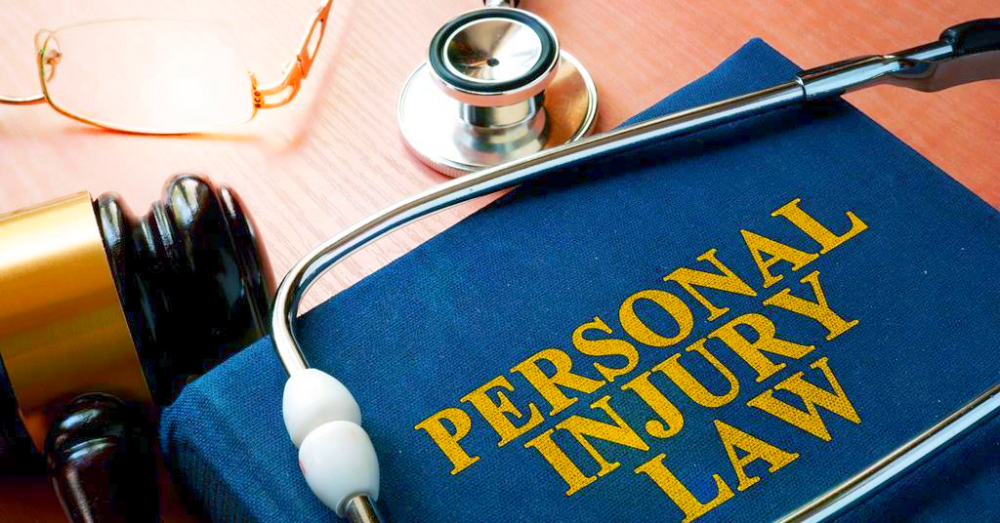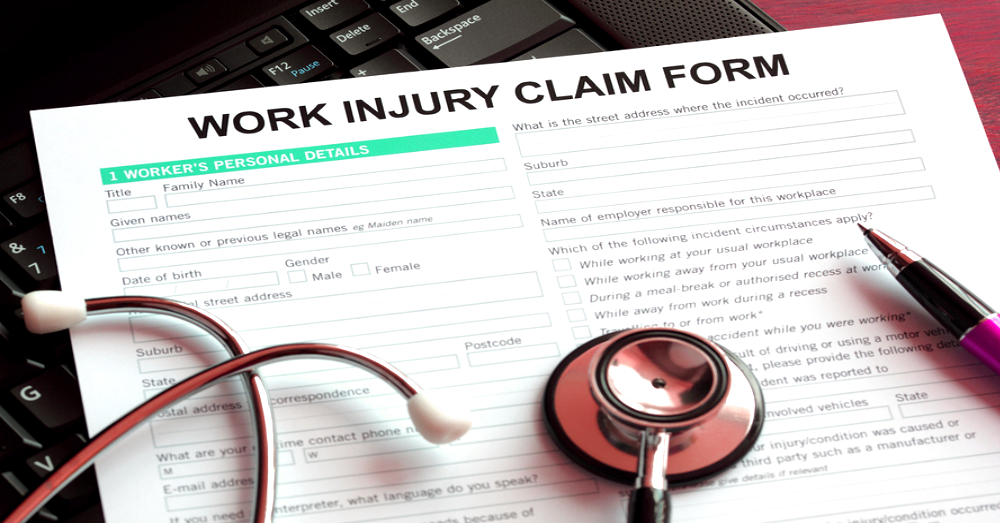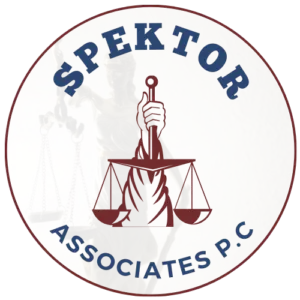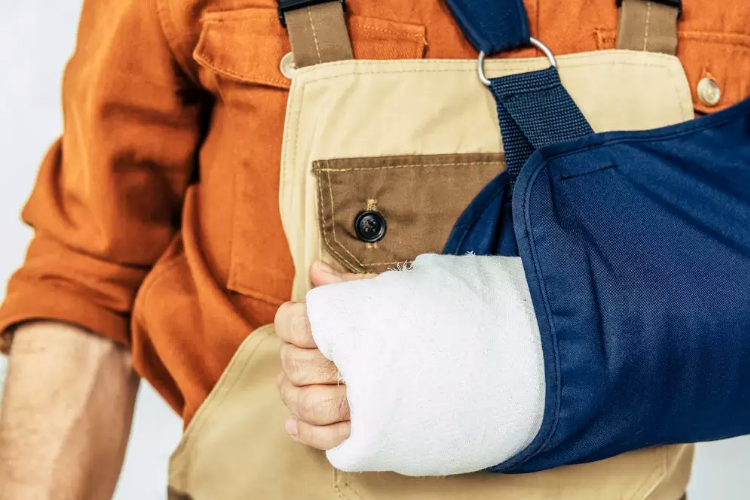As an injured worker, you deserve adequate compensation. You have two main options when it comes to handling your case legally: workers’ compensation and personal injury. However, how do you know which one will provide you with the best results? We cover everything you need to know about workers compensation and personal injury settlement.
Personal Injury Cases: Fault Required
For a personal injury claim, you need to prove fault. For example, if a restaurant fails to put down a sign to warn employees and customers about a wet floor and someone slips, there’s a clear fault on the part of the restaurant.
Not only do you have to prove that someone was at fault, but you need to establish exactly where the fault lies and whether you should reach out to multiple responsible parties.
However, if you can’t prove fault, you will have a hard time succeeding with a personal injury case.
Compensation and Personal Injury Claims
When you file a personal injury claim and successfully prove fault, you can receive compensation for your medical bills, missed wages, and pain and suffering damages.
Since you must prove fault and the payouts tend to be higher, it may take significantly longer for you to receive your personal injury settlement.
What To Expect
A personal injury case tends to take a long time. Your lawyer will need to examine the case to determine who exactly they should sue. It may not be quite as easy as you anticipated. There may even be multiple parties at fault.
In order to help your lawyer determine fault, they will need to gather as much evidence as possible and examine it. The process of gathering the evidence in itself can take up a lot of time.
After the lawyer files a claim, the lawyer will wait for the legal team representing the defendants to do their own investigation of the case. Expect some pushback. Ultimately, they will be looking for ways to prove that you shouldn’t receive anything. They will also try to place the fault elsewhere.
The negotiations can get intense if both sides believe they have evidence to prevent the other from winning. If both parties can’t come to an agreement, the case will go to court, where a jury can decide who will win. Unfortunately, if it gets to the point of a trial, it can create large legal fees. Both sides will try to come to an agreement before it gets to that point, but sometimes trial is unavoidable.

Workers’ Compensation Cases: Fault Not Required
You do not have to prove fault to file a workers’ compensation claim. All jobs, even desk jobs, come with a certain degree of risk. Of course, certain industries come with higher levels of risk than others, such as construction and manufacturing.
Employers must take reasonable steps to reduce the likelihood of injury. However, they also have insurance to cover injuries to workers when they do happen.
All employees can receive workers’ compensation benefits (excluding contract workers).
Compensation and Workers’ Compensation Claims
When you win a workers’ compensation claim, you will receive compensation for your injuries and your missed wages. However, you will not receive compensation for pain and suffering.
Since you don’t have to prove fault and the settlements tend to be less money, you will get your settlement more quickly.
What To Expect
For a workers’ compensation case, there tends to be a little less pushback. You will need to prove your injuries and file a claim.
In some cases, your employer will try to prove that they aren’t responsible for your injury.
Some reasons your employer’s insurance company may try to deny your claim include:
- the injury is a preexisting injury
- the injury didn’t happen at work
- the injury happened on break or during the employee’s commute
- intoxication
- roughhousing
- employee lied about the incident or injuries
For minor cases where the employer doesn’t see anything suspicious about the claim, your lawyer and your employee’s lawyer should come to an agreement rather quickly.
High-stakes cases may require more time and may potentially go to trial.

Tips For Filing Your Workers Compensation and Personal Injury Settlement
#1. Get Medical Attention Immediately
When you get injured at work, don’t wait to get medical attention. If you wait too long, the defense team may have grounds to claim the injuries didn’t occur due to the incident in question. If you don’t go at all, your employer may decide you can’t prove any injuries at all.
Stop what you are doing and inform your supervisor you will be leaving to get medical attention immediately.
While at the doctor’s office, request documentation of your injuries before you leave.
You may get a blood test at the doctor to determine if you were drinking or on drugs at the time of the accident. If you will not pass, talk to your lawyer before going to the doctor. In this case, you may be better off waiting a day or two. However, that’s not the ideal situation, so go to the doctor right away if you can.
#2. Gather Evidence
At this time, it’s a good idea to take pictures of work conditions and get statements from coworkers regarding the incident. The more evidence you have, the better. Don’t give your employer time to resolve the issue before you can document it.
#3. Talk to a Lawyer
While at the doctor’s office, speak to an employment law attorney. The attorney can hear your case and give you information on how to best move forward. They can also guide you on what to do and what to say to your employer.
#4. Make Your Employer Aware of the Injury In a Timely Manner
Once you get medical attention, you will need to talk to your employer about what happened and how you plan to proceed.
Depending on the extent of your injury, you may need to take time off as you heal. Alternatively, you may decide to work with certain limitations as directed by a medical professional.
You must inform your employer in a timely manner. Legally, you cannot file a claim after a certain amount of time has gone by, varying from state to state. If you fail to make your employer aware of the incident before the statute of limitations, you will not receive any workers’ compensation benefits.
#5. Avoid Social Media
Your employer will look for proof that you didn’t experience the injuries you claim to have. They will check your social media accounts. Even if you have secure accounts inaccessible to people outside of friends, they may still find access to the content you post. Content of you playing sports and being otherwise active may diminish your claim. Furthermore, you don’t want to talk about the case on social media at all. Don’t forget that comments on your friends’ posts may find their way to court, too.
#6. Follow Up with Employer Regularly
It’s your responsibility to follow up with your employer regularly regarding updates about your case. Your employer will also tell you how they want to move forward with your work duties.
Hire a Workers Comp Lawyer Today
Hire Gregory Spektor and Associates to help you with your workers’ compensation or personal injury lawsuit in New York. They have the knowledge and skills to get you the settlement you deserve. Just look at the reviews and case wins for yourself.
They can look at the details of your case to determine if you have a case, to begin with. Then, they can guide you as to whether you should file a workers’ compensation or personal injury claim.
Throughout the process, your lawyer can tell you how to handle conversations with your employer so that you put yourself in the best legal position possible.
After they file your claim, they will work with your employer’s legal team to negotiate a settlement.
Don’t lose out on your workers’ compensation claim by doing it yourself or taking the first offer suggested to you.
Contact Gregory Spektor & Associates for a free consultation regarding your workers’ compensation case in New York today!


